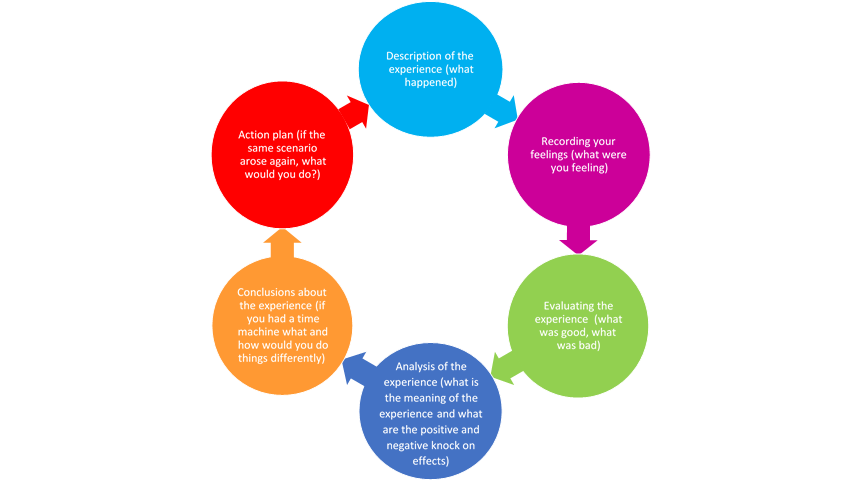No one likes to talk about their own mistakes. They are an inevitable part of the human condition, highlight our flaws, inabilities and limitations and can place a spotlight on what happens when resources and people are stretched too thinly.
In certain professions, including frontline social work, mistakes – however innocent or unintentional – can have potentially life-changing effects for service users. Keeping them to a minimum is of paramount importance. And it’s important that if mistakes have been made that they are not only rectified but also analysed to consider what went wrong, and what can be done to avoid the same thing happening again. For social workers the stakes could not be much higher – people’s lives are in the balance. So how can social workers not only recognise, reduce and rectify mistakes, but also use them as learning opportunities to improve performance and decision making in the future?
Making the most of our mistakes
It is important that practitioners and their managers know which strategies are most effective for them and their team when it comes to extracting valuable insight from mistakes. This only comes from having a strong and secure working relationship, where people feel able to talk openly and reveal insecurities and inadequacies, as well as recognising the positives within their practice.
Working out the correct strategies for each occasion and for each team member will take time. However, some tools and strategies include:
- learning how to generate effective questions to explore not only how a mistake happened, but why and what steps can be taken to prevent it from happening in the future
- adopting a strengths-based approach, rather than a deficit-based approach to staff and any mistakes they made
- reflective frameworks that can be formally incorporated into everyday practice
- encouraging staff to find a “critical friend” to offer an external perspective and extend personal reflective capacity
- encouraging staff to take up reflective writing (in everyday life, not just at work) including journals and diary entries
- training staff on creative models of reflection and on how to give and receive constructive feedback
- finding ways to feed back to an entire organisation regarding the lessons learned from mistakes and how they can shape practice in the future.
The reflective cycle
One of the traditional models of reflection for social workers is Gibbs’ cycle of reflection (1988).
Among social workers, reflective practice is often promoted. Personal experience and participation should be seen as a positive and an opportunity to develop new skills, learning or approaches. Reflection should be focused on professional errors, asking questions like “why”; “what went wrong”; and “what did I do wrong.”
Reflection can happen at three levels:
- personal
- one-to-one with another person (a supervisor, colleague or family member)
- in groups (at organisational level)
It can be useful to reflect at all levels, where possible, in order to get the most out of the experience and have the biggest impact with regard to what can be learnt from mistakes and how this can be passed to others to avoid them making the same ones.
Taking and giving constructive feedback
Although it may be uncomfortable at the time, social workers and people from other professions should welcome feedback from colleagues and service users as they can be powerful sources to drive professional growth. However, it is important to distinguish constructive feedback from blame. Highlighting helpful advice and using it in a constructive way is not the same as finger pointing and fault picking, and managers must develop the ability to distinguish between the two.
Final thoughts
Mistakes happen, and although we don’t like to talk about them, they can sometimes provide some of the most useful insight for learning and improvement within an organisation. Beyond the organisational level, personal reflection on practice and taking time to consider how you approach certain situations is a vital aspect of the self-aware, continual improvement that social workers must strive towards, even if they don’t always meet the exacting standards all of the time.
If you enjoyed this blog post, you may also find the following article of interest:
Information Service members can also view some of our latest database additions, including the book Reflective practice and learning from mistakes in social work.
Follow us on twitter to see what is catching the eye of our research officers.
Share
Related Posts
By Donna Gardiner While free school meals (FSM) have been available in England on a means-tested basis since 1944, recent years have seen a renewed focus upon the potential benefits of providing free school meals to all school-aged children. Currently, ....
Today sees the start of Community Garden Week 2023. Across the UK, communities will be celebrating the many and varied types of community gardens, from children’s and neighbourhood gardens to therapy gardens and allotments. The benefits of community gardens are ....
By Hollie Wilson At the start of 2020, an independent review was published setting out what needed to be done to bring about changes to the care system for children and young people in Scotland. At the heart of the ....
The “No Wrong Door” (NWD) programme means exactly that – there is no wrong door to turn to for young people seeking support. NWD works on several core principles, which include working with young people’s birth family or guardians, allowing ....


